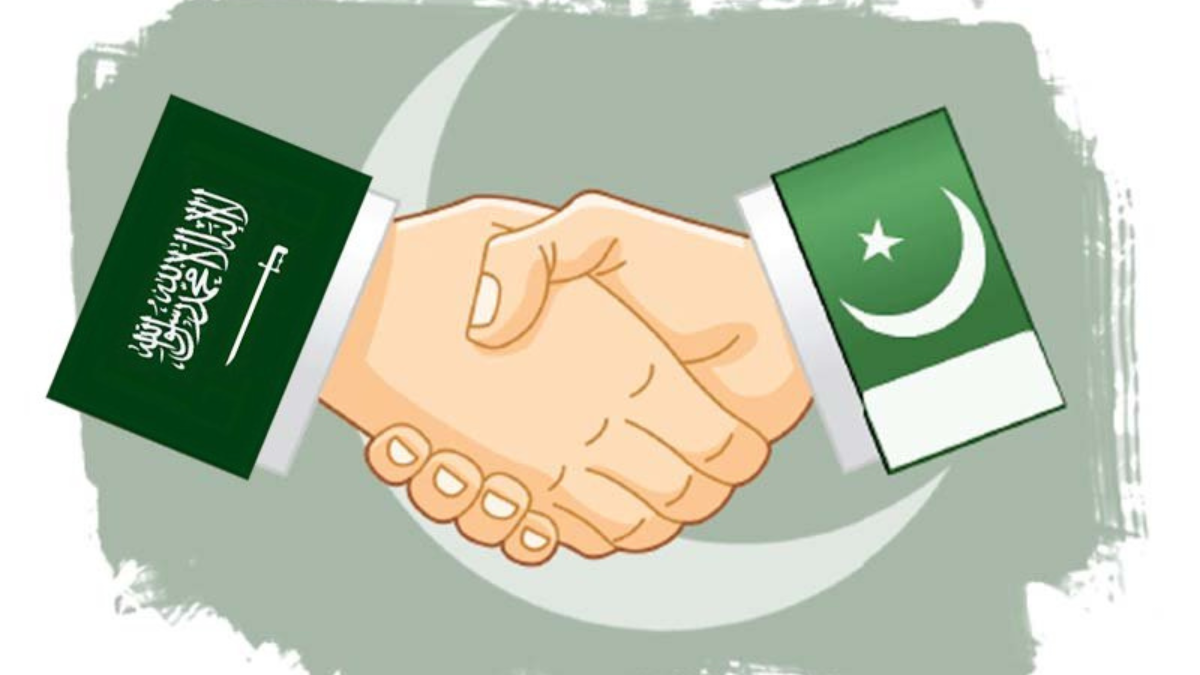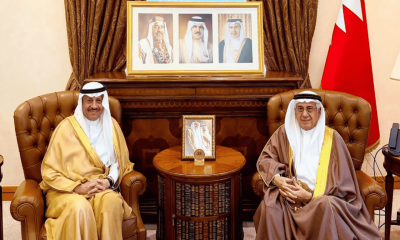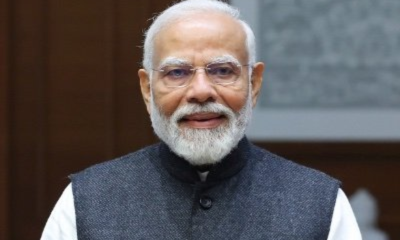The Saudi Arabian Deputy Minister of Foreign Affairs, Waleed Al-Khuraiji, is in Pakistan to reinforce the deep-rooted and brotherly relations between the two nations. The visit comes as part of Riyadh’s concerted efforts to enhance bilateral ties and explore avenues for substantial investments in Pakistan’s burgeoning infrastructure.
It further underscores the enduring friendship and mutual cooperation that have historically characterized the relationship between Riyadh and Islamabad. Al-Khuraiji is leading a high-level Saudi delegation to Pakistan, with members from the Kingdom’s ministries of foreign affairs, energy, health, environment and agriculture, industry and mineral resources, and investment.
Pakistani Prime Minister Shehbaz Sharif’s office said they invited the Saudi government and companies to avail investment opportunities in agriculture, mining, IT, energy, and other sectors. “The establishment of a Special Investment Facilitation Council (SIFC) will facilitate and fast-track potential investments from GCC member states, especially the Kingdom of Saudi Arabia. Sharif thanked Saudi Arabia for its timely financial support to Pakistan, especially during last year’s floods, and appreciated the Kingdom’s role in helping Pakistan in its efforts to achieve macroeconomic stability.”
ALSO READ: UAE Satellite Company Yahsat Reports Dh175 Million Net Profit
The PM’s office also said the Saudi delegation’s visit manifests the deep interest and willingness on both sides to transform the longstanding fraternal ties into concrete and mutually rewarding economic partnership. Both countries have shown unwavering support for each other on numerous international platforms, and this visit aims to elevate these ties to even greater heights.
During challenging economic crises, Islamabad has turned to Riyadh for crucial oil supplies and financial support. Moreover, Saudi Arabia sees Pakistan as a reliable ally and an indispensable defense partner, particularly due to the latter’s possession of a nuclear arsenal that serves as a deterrent against regional threats.






















